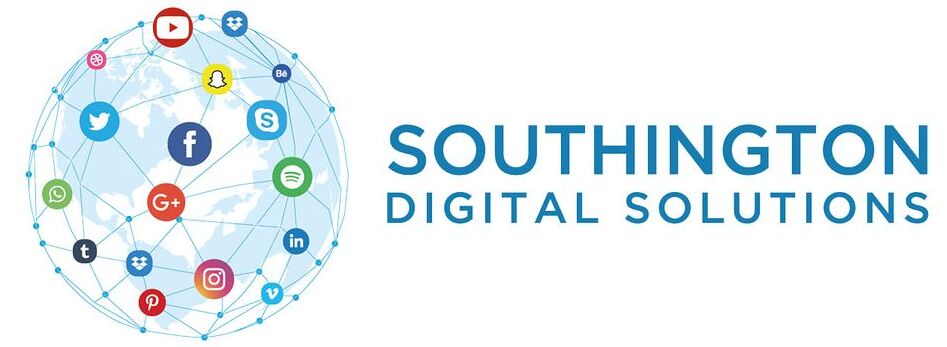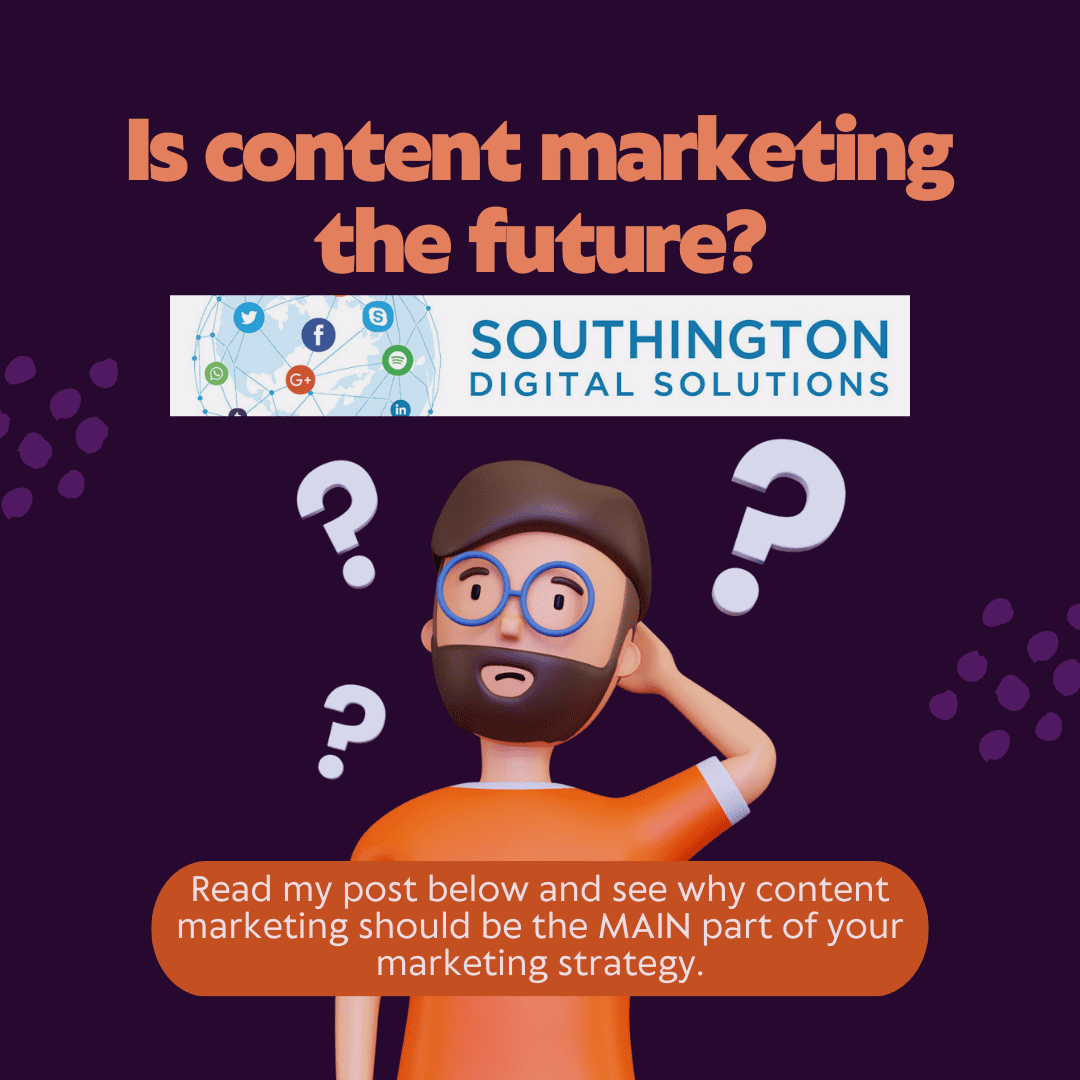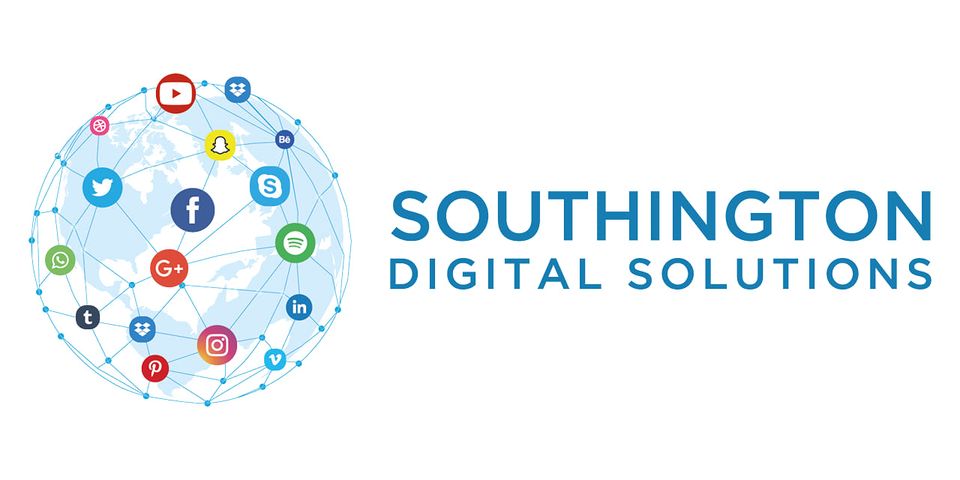Content Marketing Trends 2023
Over the past decade, the landscape of content marketing has undergone monumental shifts that have fundamentally altered how businesses and marketers approach their strategies. One of the first significant changes was precipitated by Google’s Zero Moment of Truth (ZMOT) study, which shifted the focus from simply optimizing for search engines to creating high-value content that satisfies user intent. According to HubSpot, businesses that prioritize blogging are 13 times more likely to have a positive ROI on their efforts. The keyword-stuffing days are gone; now, it’s all about creating meaningful, valuable content that solves real problems for real people.
The rise of social media platforms like Facebook, Twitter, and Instagram has dramatically changed the way content is consumed. These platforms have made content more shareable and discoverable but also more ephemeral. According to Pew Research, as of 2021, roughly seven-in-ten Americans use social media, which is a near-universal user base that marketers can’t afford to ignore. Content now needs to be not just valuable, but also engaging and shareable to stand out in crowded social media feeds.
Video content, in particular, has surged in importance. According to Cisco, by 2022, online videos will make up more than 82% of all consumer internet traffic, 15 times higher than it was in 2017. This shift is particularly pronounced among younger consumers—about 85% of the US internet audience watches videos online. For marketers, this means investing in video production capabilities, whether it’s short-form videos for platforms like TikTok or long-form content for YouTube.
Mobile optimization has become more than just a ‘nice to have’; it’s now a ‘must-have’. Google reports that over 61% of mobile searchers are more likely to contact a local business if they have a mobile-friendly site. Mobile-first indexing, responsive design, and accelerated mobile pages (AMP) are no longer optional but essential for effective content marketing.
As we look towards the future, several trends appear poised to shape the next decade of content marketing further. Content is likely to become more customer-focused, empathetic, and purposeful. According to a study by the Content Marketing Institute, 90% of the most successful organizations are extremely committed to understanding their audience’s informational needs. Additionally, interactivity is becoming a key feature of effective content. Whether it’s quizzes, polls, or highly engaging videos, interactive content can lead to a 66% increase in audience engagement.
Lastly, data privacy and artificial intelligence are set to play increasingly important roles. Zero-party data—information that consumers willingly share with brands—will become more prevalent due to enhanced privacy regulations like GDPR and CCPA. On the technology front, AI-powered tools like chatbots and predictive analytics will make the content creation and distribution process quicker, more personalized, and more efficient, paving the way for more advanced content strategies.


